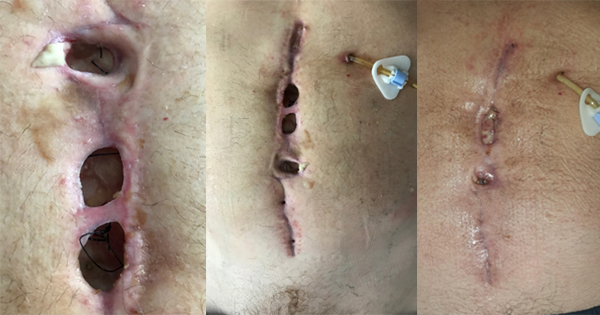With healthcare systems worldwide facing an increasing demand from an aging population, healthcare leaders are continually searching for new means of efficiency. One promising new avenue is the use of robots in the clinical setting. In the future, healthcare professionals, surgeons in particular, are likely to be accompanied by a robotic assistant. With pinpoint precision, remarkable artificial intelligence (AI) and advanced algorithms, robots promised to make operations safer, faster and more hygienic. They may help bring down the cost of healthcare by eliminating human error, streamlining operating theatres, reducing operating time, and, crucially, free up staff for more pressing matters. In the context of wound care, improving surgical precision could help reduce surgical site infections and by eliminating variables, wound measurements and assessments could become more precise and compression bandaging more accurate, for example.







